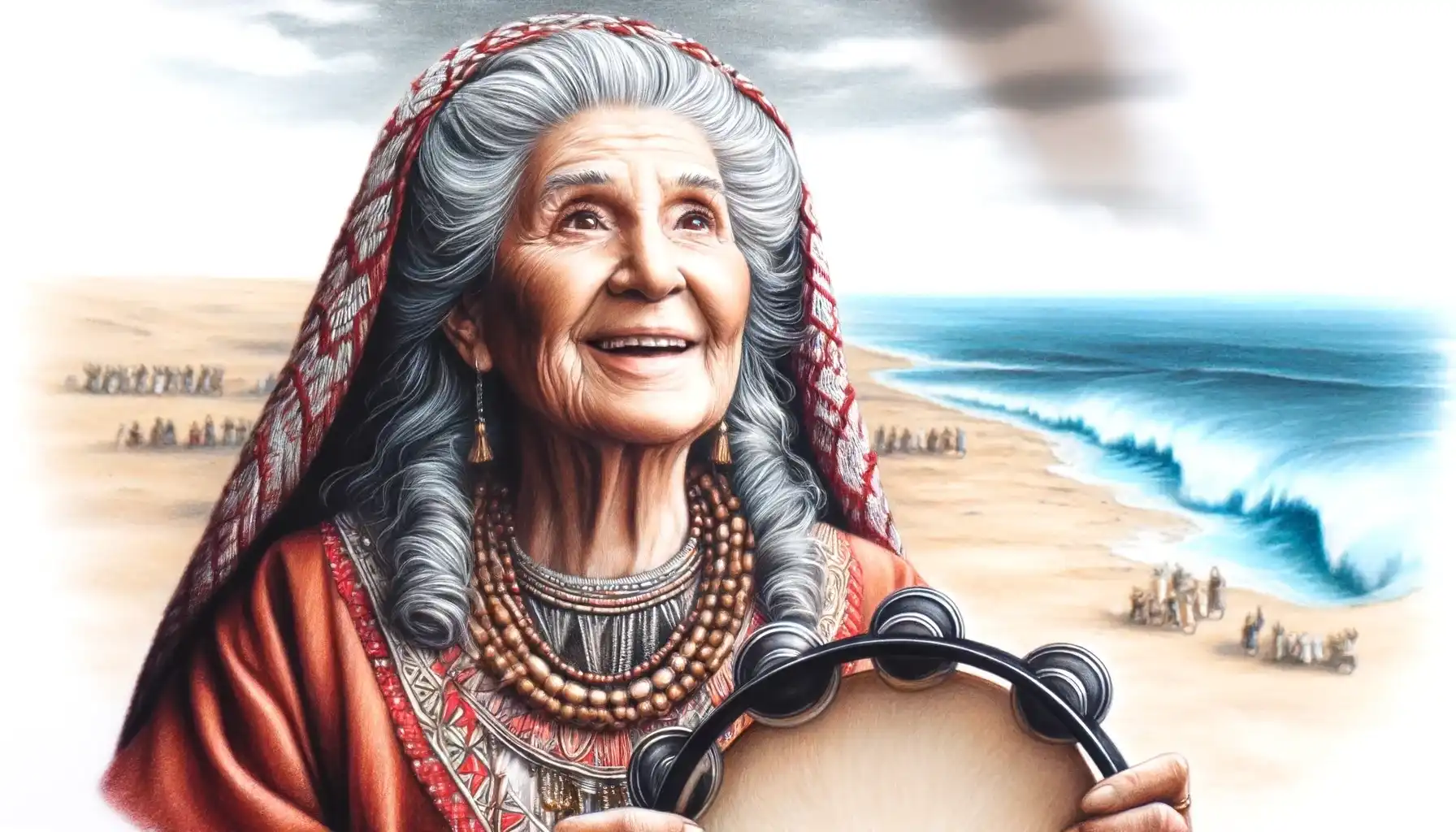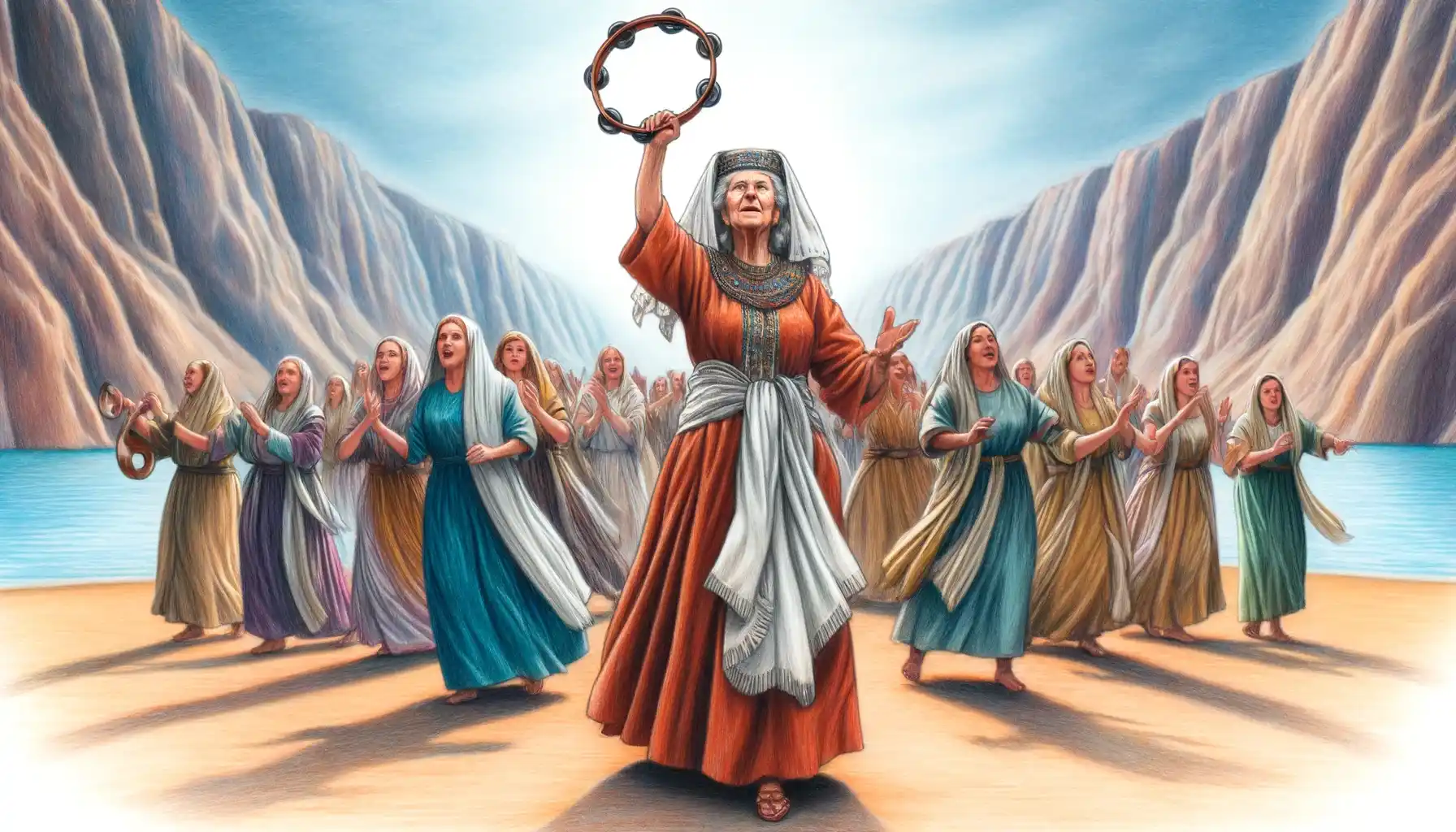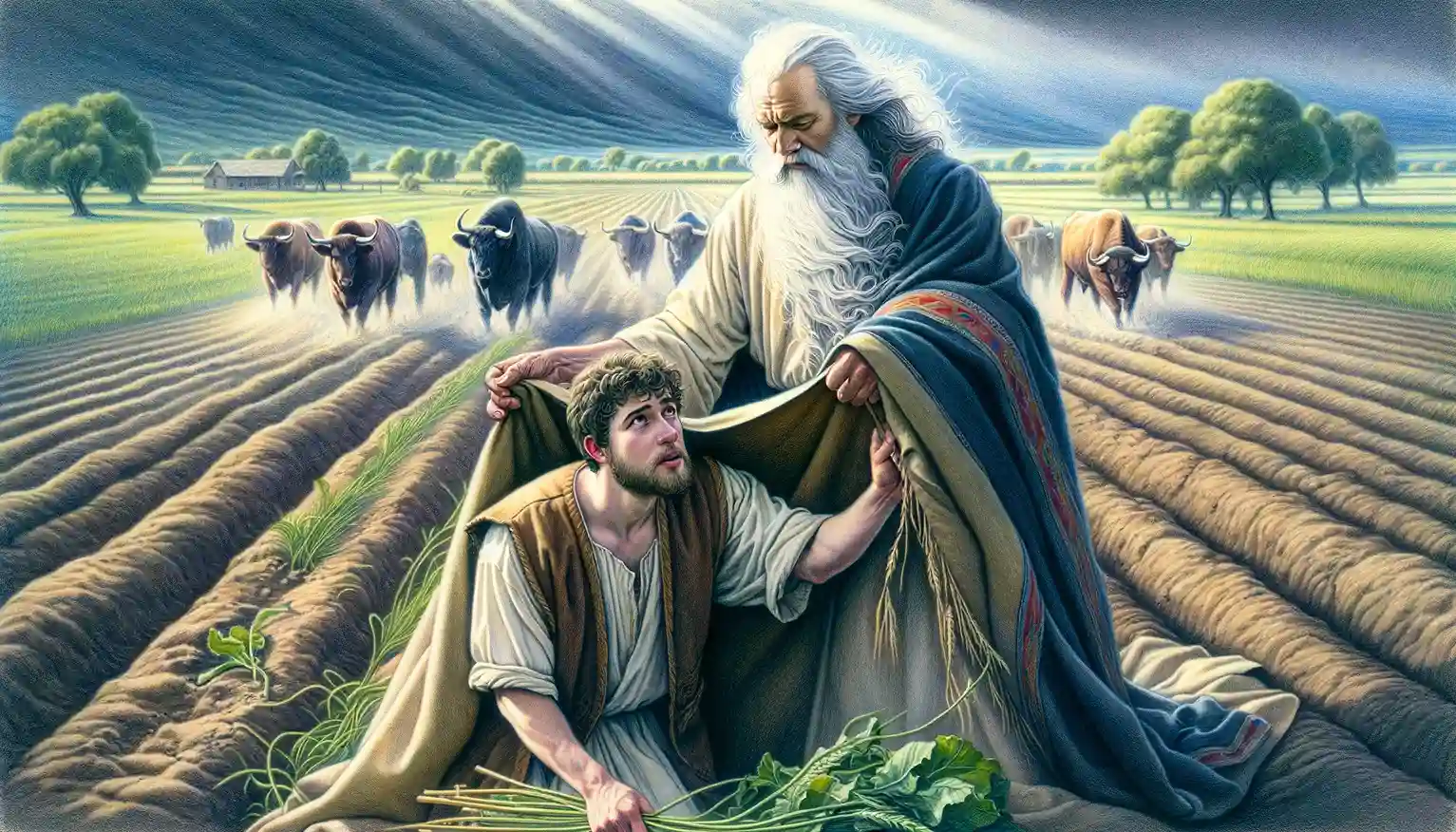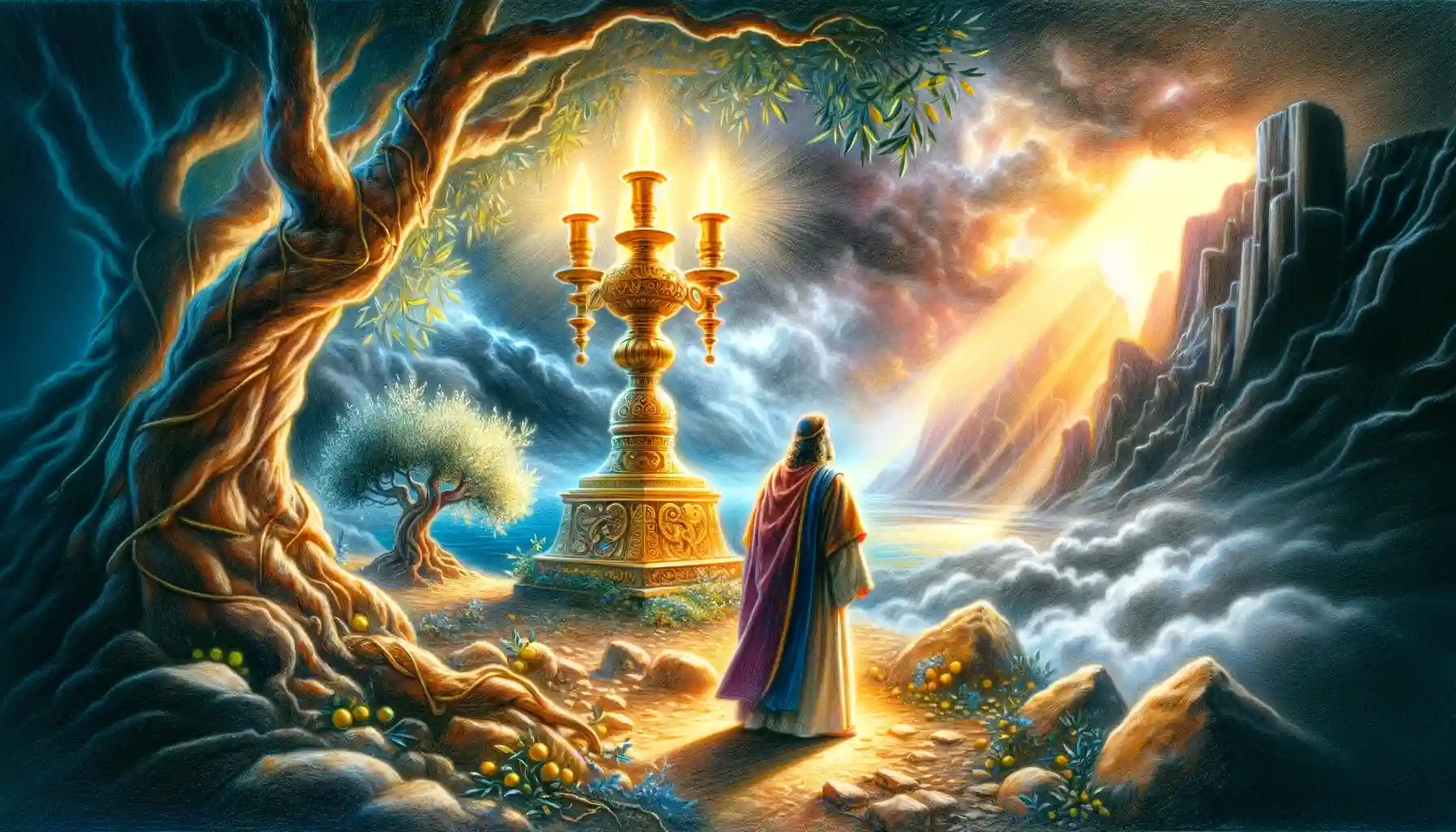Miriam’s life and actions encapsulate the trials and triumphs faced by the Israelites during their formative years; as a prophetess and leader, her story contributes significantly to our understanding of the complexities of biblical leadership, the role of women in ancient Israel, and the enduring power of faith and prophecy, inviting reflection on the balance between authority and humility, and the importance of both challenging and supporting communal leadership.
Though brief, “The Song of Miriam” is a potent articulation of victory, joy, and theological affirmation, commemorating a significant historical event—the Exodus—and celebrating foundational themes such as trust in God’s salvation, the power of communal worship, and the influential role of women in the spiritual life of the community, serving not just as a historical recount but as a lasting testament to the enduring themes of faith and deliverance in the Judeo-Christian tradition.
In 1 Kings 19:19-21, Elijah, following divine instructions, calls Elisha to succeed him by placing his mantle on him while he is plowing in the fields, a gesture that Elisha responds to by sacrificing his oxen and burning his plowing equipment, symbolizing his total commitment to the prophetic mission and marking a pivotal transition in the continuity of prophetic leadership in Israel.
Zechariah offers a profound blend of encouragement, prophetic visions, and eschatological hope, making it a complex but deeply rewarding book of the Bible.




